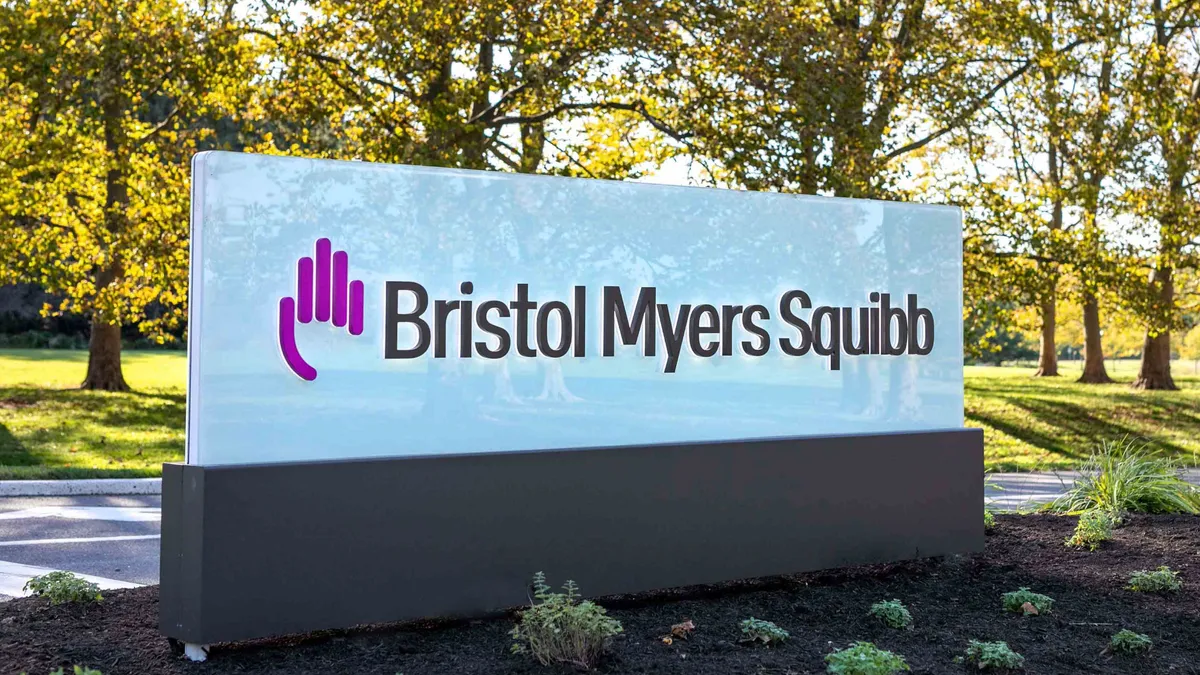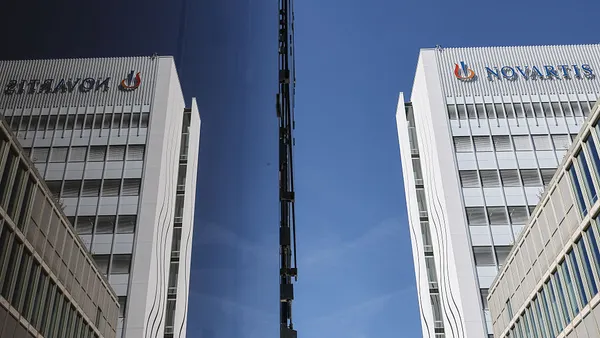FDA generic and biosimilar drug approvals bounced back in 2022 after dropping for two consecutive years. The agency notched 914 approved or tentatively approved generic drug applications in the calendar year, including 106 first-time generics, up from its 2021 level of 776.
The rise in approvals comes as the Biden administration searches for methods to reduce U.S. drug costs, and as the FDA has highlighted generic and biosimilar medications as “a significant public health priority” to further those ends. These efforts have been a federal priority for several presidential administrations.
In its annual report published March 3, the agency’s Office of Generic Drugs (OGD) emphasized the role these medications could play in reducing barriers to patient access that have been exacerbated by the COVID-19 pandemic, while stabilizing the supply of medications, alleviating the risk of shortages and decreasing costs.
“Generic drug competition generates billions of dollars in savings each year for consumers and our healthcare system over higher-priced brand-name drugs,” the report argued, noting a recent agency study that found first-year savings “for new generic drugs approved in 2018, 2019 and 2020 to be approximately $53.3 billion.”
One of the OGD’s most notable approvals last year was for the first generic of AstraZeneca’s blockbuster asthma treatment Symbicort — the drug’s patent was set to expire in July after 17 years of exclusivity but was extended for six more months. The copycat drug Breyna from Pennsylvania-based Viatris was approved in patients six years and older with asthma and chronic obstructive pulmonary disease (COPD). However, it remains unclear when the drug, which could be used by some 25 million asthma patients and 16 million COPD patients, will hit the market in light of AstraZeneca’s patent extension.
Viatris — formed from a merger between generics giant Mylan and Pfizer’s generic arm — also gained approval for a generic version of AbbVie’s blockbuster chronic dry eye treatment Restasis, which generated $1.29 billion in U.S. sales for the pharma giant in 2021. Still, it remains to be seen when the drug will launch, as AbbVie’s patents for Restasis currently extend through 2024.
Other notable branded treatments with first-generic approvals in 2022 included Mylan and Bertek’s Parkinson’s disease medication Apokyn, Eli Lilly’s chemotherapy Altima for non-squamous non-small cell lung cancer and mesothelioma, and Takeda’s multiple myeloma chemotherapy treatment Velcade.
On the biosimilar side, FDA approved Idacio, the eighth Humira copycat, as a citrate-free formula for the treatment of a range of chronic conditions. AbbVie has settled patent disputes with the makers of these Humira biosimilars, and they’re slated to launch this year.
Incentivizing generics
In addition to the approvals, the OGD’s report outlined a number of initiatives it’s taking to spur the development of generics and increase competition to lower drug prices.
U.S. generic drug approvals have increased since 2015, but dipped during the COVID-19 pandemic
For instance, the agency initiated a Parallel Scientific Advice pilot program in 2022 to allow applicants with complex generic products to submit meeting requests to the FDA and European Medicines Agency simultaneously, thus “allowing them to receive concurrent scientific advice from both agencies.”
The program aims to eliminate redundancies that may have previously prolonged development timelines for complex generic products.
Updates to the Generic Drug User Fee Amendments (GDUFA), now in their third iteration, also include more time-sensitive meeting procedures and early engagement protocols for these complex products.
And the FDA said it continues to work with the Federal Trade Commission (FTC) to increase biologics competition by deterring patent extensions, addressing “false or misleading communications” about biosimilar products and reviewing patent settlement agreements to ensure they abide by antitrust laws.
While these policies, which were first introduced in 2020, have yet to generate concrete changes, the FTC has signaled that stronger antitrust enforcement of pharma is on the way, and generics competition could be a target.










